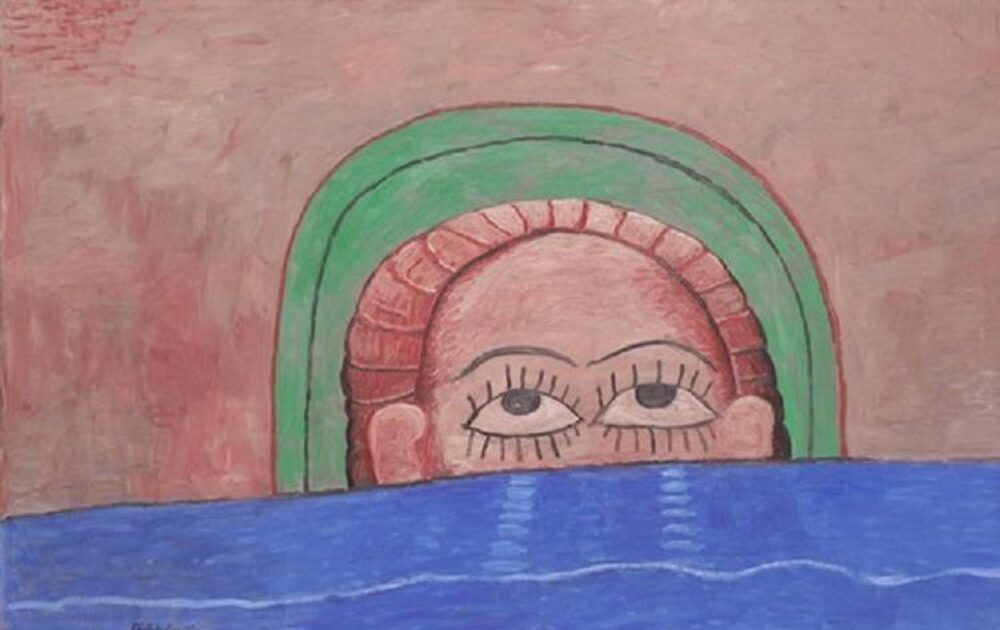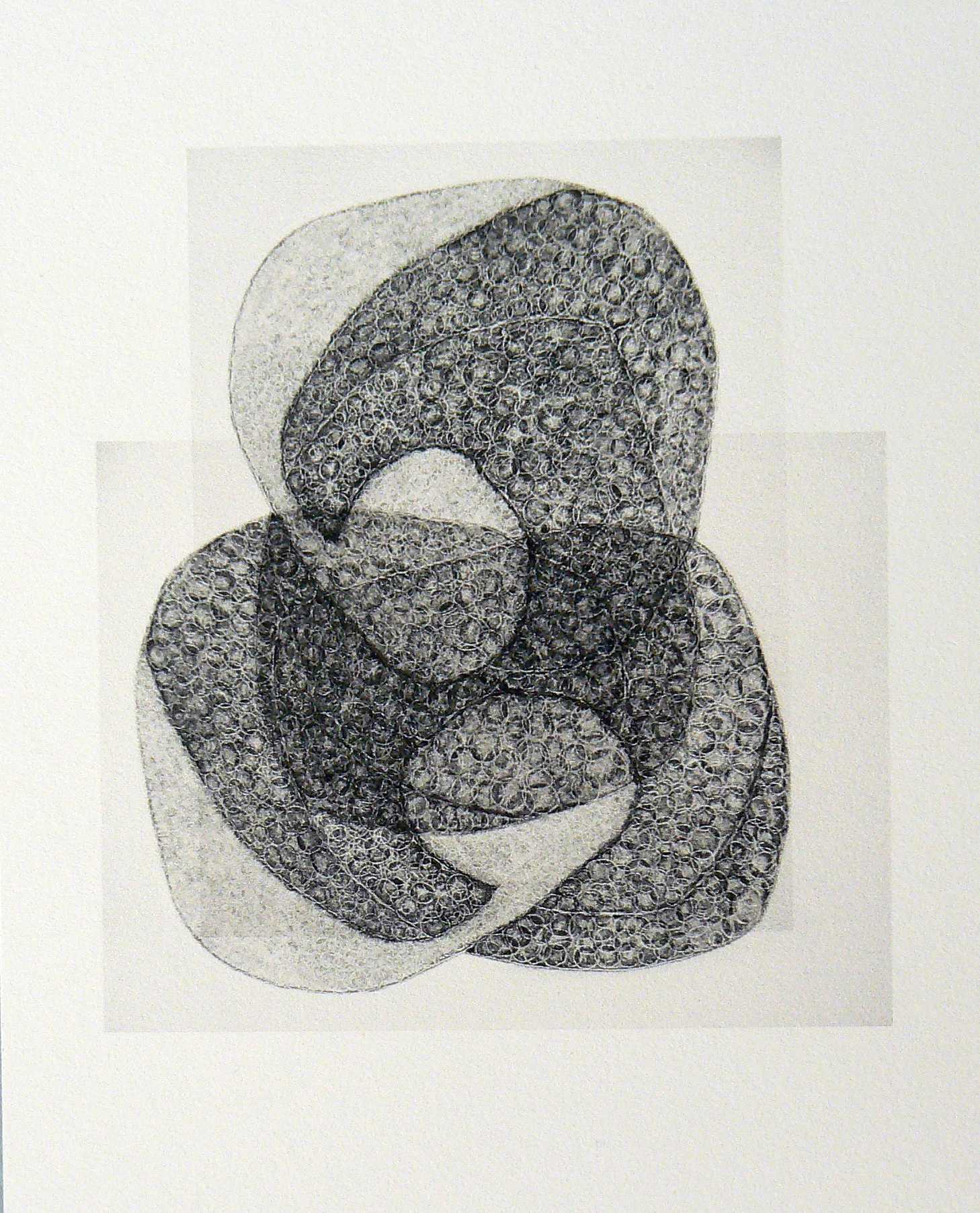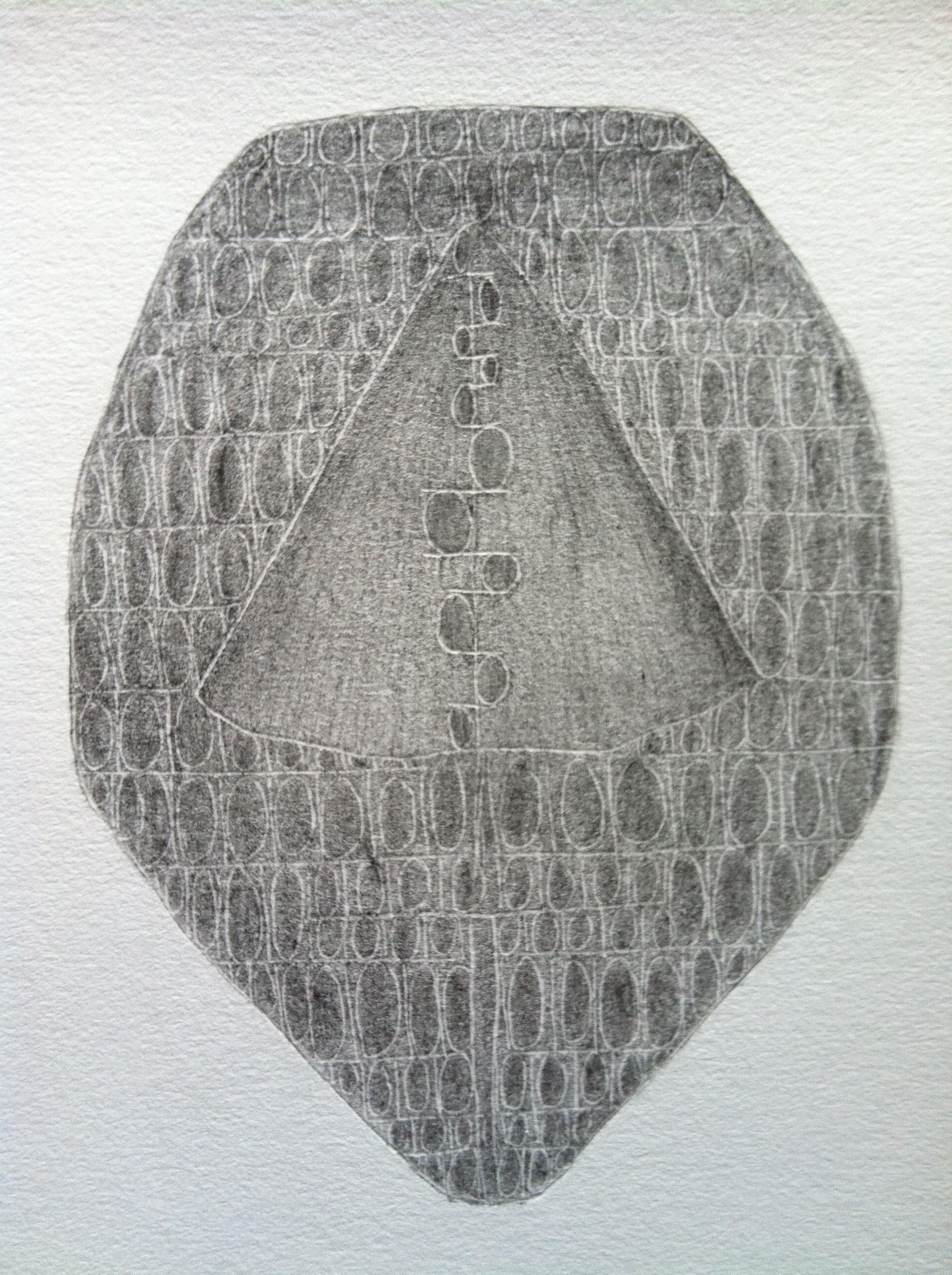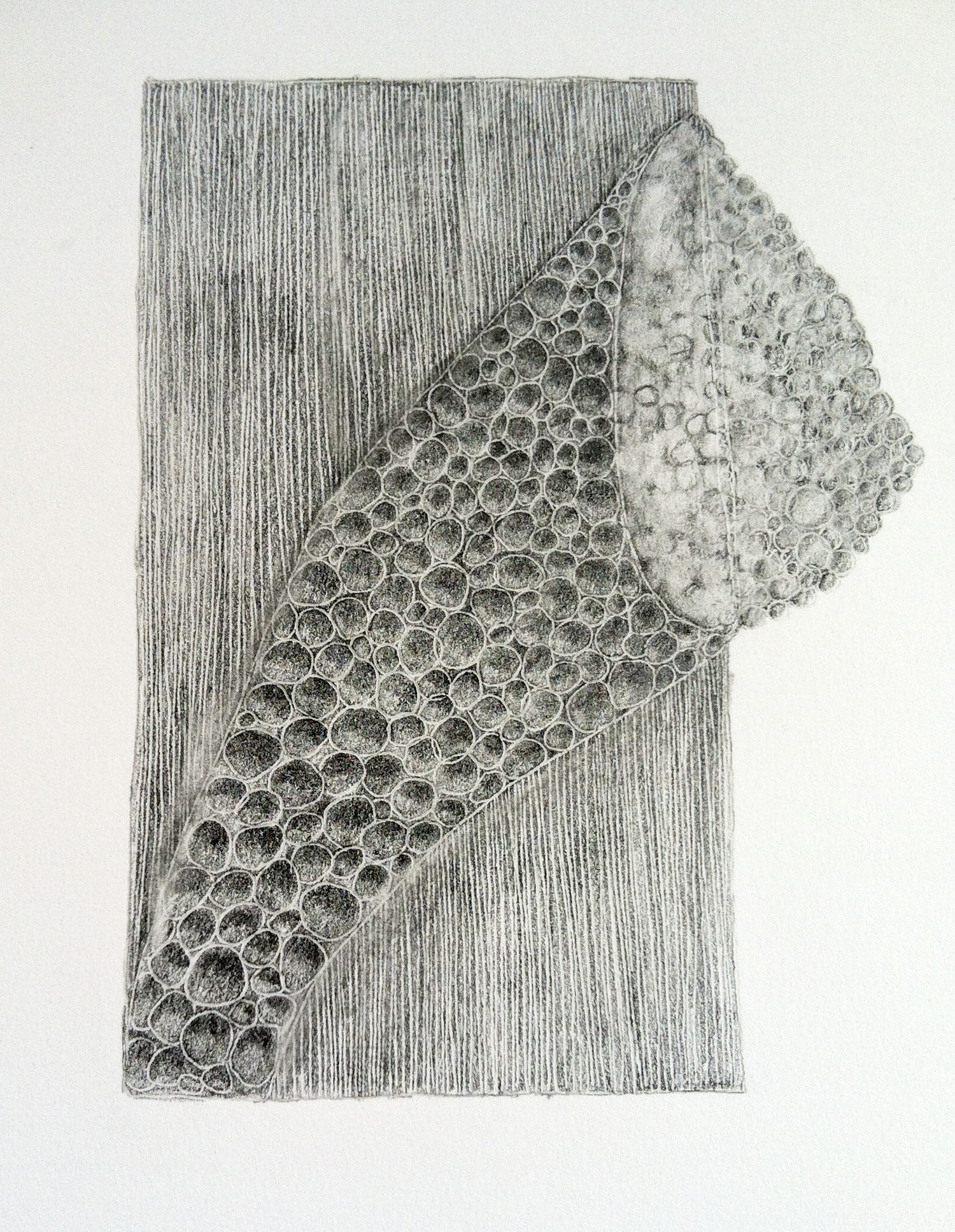Faith is what helps us accept what we cannot understand. This was a recent Facebook posting that I think gives short shrift to faith.
What is faith? That the sun will come up tomorrow? (Faith that the familiar will remain that way.) That if my car rattles, I can fix it? (Faith that there is a reason and/or explanation for everything.) That if I can’t fix my car, my trusty mechanic can? (Faith in collective knowledge.) That my wife will still love me in the morning? (Faith in social bonds.) That I will recognize myself in the morning? (Faith in the continuity of the self.) That global warming will not affect me tomorrow? (Faith that the familiar is beneficent.)
Human cognition works to find predictive patterns; patterns in the world in which we can have some faith. Each step we take is based upon the faith that our perception of light and depth and color acquired from experience will continue to be trustworthy. Faith is the quintessential attribute of humankind. Faith is inextricable from everything we “know”.
Noam Chomsky has written,
We are after all biological organisms not angels…If humans are part of the natural world, not supernatural beings, then human intelligence has its scope and limits, determined by initial design. We can thus anticipate certain questions will not fall within our cognitive reach, just as rats are unable to run mazes with numerical properties, lacking the appropriate concepts. Such questions, we might call ‘mysteries-for-rats’ just as some questions pose ‘mysteries-for-humans’. Among these mysteries may be questions we raise and others we do not know how to formulate properly or at all”.
The difference between us and rats (a difference I take on faith based on some experience with rats) is that we humans (here in the form of Noam Chomsky) can pose this metalogical problem. We can frame our limitations.
The aphorism that started this post is meant, I think, to invoke this Faith-with-a-capital-F that fills in the blank after we arrive at the end of our reach. But faith is not just this Grand Counterpoint. It is the medium in which our consciousness swims.
Or to mix metaphors, our human “reality” is a patchwork edifice of empirical data-points jury rigged to faith.






